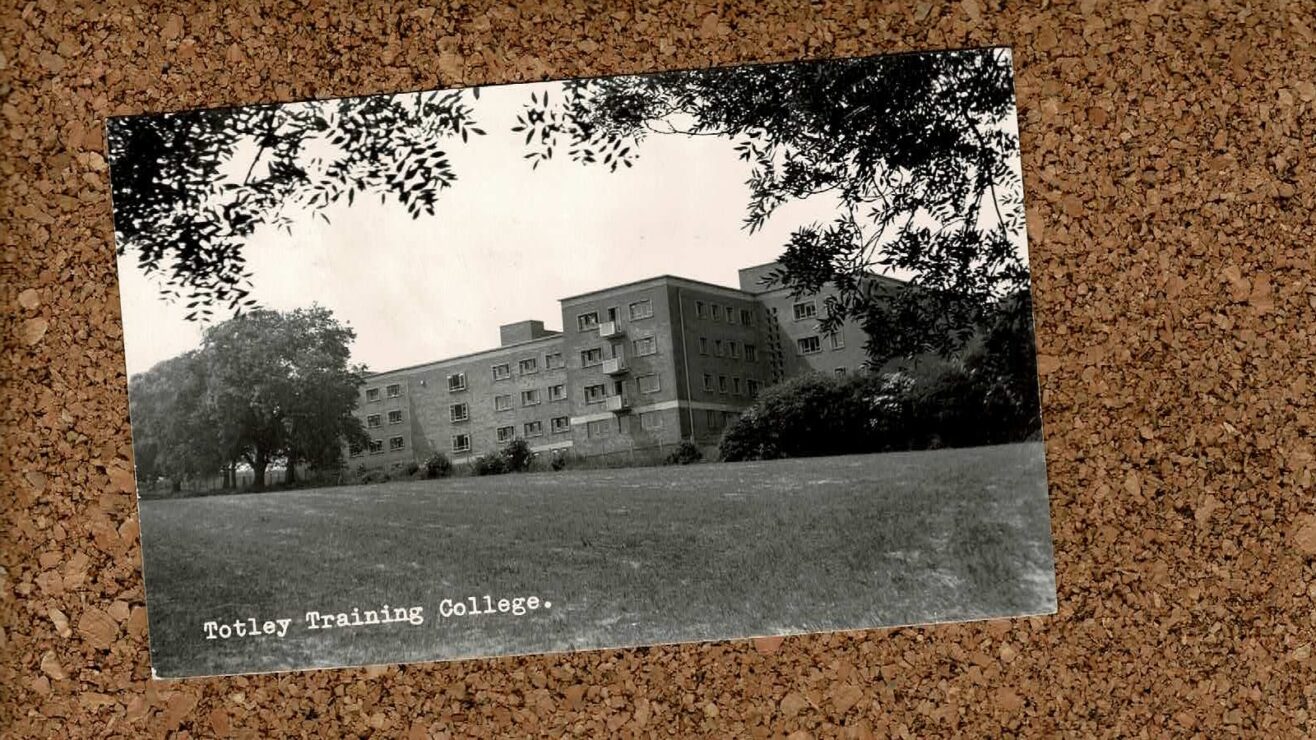Determining what success looks like in any walk of life starts with a shared understanding of what outcomes we want to see from the effort we put in.
The approach to outcomes in Scottish higher education is underpinned by the Quality Enhancement Framework (QEF). Created in 2003 by a partnership between the Scottish Funding Council, Universities Scotland, the Quality Assurance Agency and the National Union of Students, both the Framework and the partnership have stood the test of time. It represents a commitment to enhancement, to collaboration, to partnership and to collective benefit. It allows us to focus on a collective understanding of the outcomes we’d like to see.
Pushing forward
The outcome agreement approach, as operated by the Scottish Funding Council and summarised elsewhere on the site, could be seen as a natural fit with that culture.
Enhancement in the QEF is about pushing forward – learning from available information (course data, student feedback, and attainment information, for example) to identify ways to improve the student experience. It aims to operate well above threshold standards and works on the assumption that improvement is always possible and drivers for change ever-present.
The handbook for Enhancement-led Institutional Review (ELIR)– the quality review system that operates in Scottish higher education – sums it up well:
institutions identify ways in which the student learning experience could be improved, even when threshold quality is secure. The enhancement culture in Scotland places emphasis on engaging well beyond the threshold, inspiring excellence.”
The Enhancement Themes and QAA’s Focus On projects are outstanding examples of national, agency, institutional and student commitment to collaborative working for collective benefit. Scotland would not continue to do this if there was not benefit, if more could not be achieved by working together than by working alone. Exploring, discussing and sharing enables institutions, their students and staff, to cross-fertilise ideas, adapting initiatives to their own context, re-interpreting, re-applying.
Student voice
Working with students across institutions brings unique insights and enables the development of resources for students and their representatives that can be used in different contexts. In doing so, it also creates a rich set of resources for students and staff, and a better shared understanding of common goals around enhancement.
For example, QAA Scotland’s Focus On project around graduate skills explored readiness for employment, global perspective and skills for global citizenship and inclusivity, ensuring that all students are equipped with the skills they need to flourish in their future careers and lives. This year’s project on Technology in Learning and Teaching is just getting underway with sector-wide scoping. We’ve extended the opportunity to be involved to the two universities in Northern Ireland. This is a small but significant shift in the way that Focus On operates, building a bridge of our own between Scotland and Northern Ireland.
A learning approach
Key to the success of all this is remembering why we do it in the first place. Improving for students in practice, with meaningful impact on the ground and in future, is the common driver for all of this work. Quality in Scotland is not primarily about process, nor about checking and re-confirming baselines. It is about how we all work with each other to fulfil broader policy goals and in the pursuit of excellence. It is an approach built around learning – finding and reviewing information, evaluating evidence, applying the conclusions to plan beneficial changes.
The QEF is an approach built from consensus, but also built on some tougher ground rules and requirements. Universities and other higher education institutions are expected to deliver against policy goals in return for public investment. Institutions are required to, for example submit reports on institutional-led review each year and to participate in the annual and periodic elements of ELIR.
It is worth pausing to note that ELIR is about annual engagement and discussion as well as the full holistic institutional review process. The review process is firmly located in the context of the institution and its strategic priorities shape the nature of the review. ELIR provides assurance and confirms expectations are met. It is also designed to deliver as much benefit as possible to the institution through its own reflective analysis and the constructive dialogue with a team of expert peer reviewers. Common themes emerging from ELIR reports form the basis of Focus On projects to support collective development.
More than just assurance
Because the QEF in Scotland is about always seeking to improve, it is demanding, it is more than quality assurance. It is also about continuing to advance core beliefs such as the centrality of student engagement and partnership. Scotland wasn’t just the first to have student reviewers as full and equal members of all review teams, or established sparqs to support student representation and engagement. Student led projects, equal representation for students and staff on, for instance, the group that leads the Enhancement Theme and Student Partnership agreements developed by sparqs, are all examples of how student involvement has been extended.
Scotland’s enhancement culture involves accepting challenges and adapting. For instance, with the growing emphasis on the use of data in quality assurance, some started to see data-driven and enhancement-led approaches as in opposition to each other, or at opposite ends of a continuum. We needed to test and challenge that. The current Enhancement Theme, Evidence for Enhancement, explicitly seeks to explore how data and other forms of evidence support enhancement.
Given the general pressure on funding and need to be able to demonstrate value for (public) money, there has been heightened pressure to evidence impact. The Theme is helping to provide this. The greater emphasis on data has brought into focus the need to articulate the arguments behind the enhancement approach and to provide valid evidence to show that the approach makes a difference and ensures that difference is for the better. An interesting element of this is the work on “intangibles” that seeks to look at what kinds of evidence can be used to measure what is valued beyond the metrics.
The QEF partnership in Scotland has sought to create a culture of quality at multiple levels. Alongside our institutions, the Scottish Funding Council and QAA Scotland both evaluate and critically reflect on what we do, in a culture involving all the partners. We do as we say. We challenge ourselves, our approaches and the status quo, and we adapt and evolve.













